Home>Articles>What Is The Best Material For Outdoor Furniture
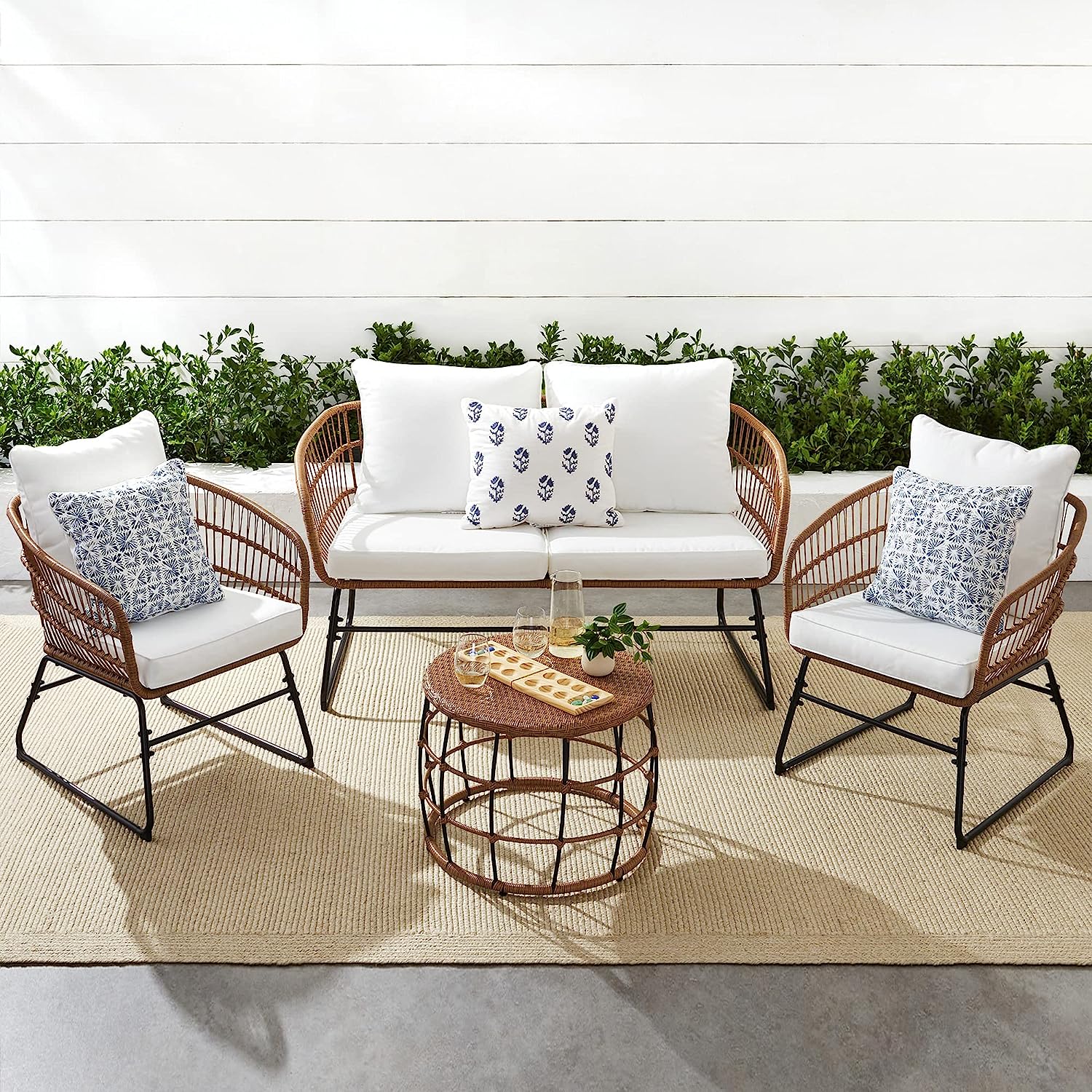

Articles
What Is The Best Material For Outdoor Furniture
Modified: January 18, 2024
Discover the best material for outdoor furniture and transform your outdoor living space. Explore our wide selection of durable and stylish furniture for your patio, garden, or deck.
(Many of the links in this article redirect to a specific reviewed product. Your purchase of these products through affiliate links helps to generate commission for Storables.com, at no extra cost. Learn more)
Introduction
When it comes to furnishing your outdoor space, choosing the right materials for your furniture is crucial. Outdoor furniture is exposed to various weather conditions, such as rain, sun, and wind, which can cause wear and tear over time. Therefore, selecting durable and weather-resistant materials is essential to ensure your outdoor furniture lasts long and remains in good condition.
There are a plethora of materials available for outdoor furniture, each with its own set of advantages and considerations. In this article, we will explore the best materials for outdoor furniture, taking into account factors such as durability, maintenance, aesthetics, and cost. By understanding the pros and cons of different materials, you can make an informed decision and choose the perfect furniture for your outdoor space.
Key Takeaways:
- Choose teak or cedar for classic, durable outdoor furniture that ages gracefully with regular maintenance. Metal options like aluminum and wrought iron offer sleek, low-maintenance choices for modern outdoor spaces.
- For a cozy and timeless aesthetic, consider wicker furniture, while plastic and resin options provide affordable, low-maintenance choices. Polywood, made from recycled plastic, offers a sustainable alternative mimicking the look of wood without the upkeep.
Read more: What Material Is Best For Outdoor Furniture?
Factors to Consider for Outdoor Furniture Materials
Before diving into the specific materials for outdoor furniture, it’s important to consider a few factors that will help guide your decision-making process:
- Durability: Outdoor furniture needs to withstand the elements, so durability is key. Look for materials that are resistant to fading, warping, and cracking. Additionally, consider the long-term durability of the material, as you want your investment to last for years to come.
- Maintenance: The level of maintenance required for outdoor furniture can vary based on the material. Some materials may require regular cleaning and protective coatings, while others may be low maintenance and easy to clean with a simple wipe down.
- Aesthetics: Outdoor furniture should not only be functional but also enhance the beauty of your outdoor space. Consider the style and design of the furniture to ensure it complements your existing decor and personal taste.
- Comfort: Comfort is key when it comes to outdoor furniture. Choose materials that offer ergonomic support and consider additional features such as cushions for added comfort.
- Cost: Budget is always an important consideration. Different materials come with different price tags, so it’s essential to find a balance between quality and affordability.
By keeping these factors in mind, you can narrow down your options and focus on the materials that best meet your requirements. Now, let’s explore some of the most popular materials for outdoor furniture and their unique characteristics.
Wood
Wood is a classic and timeless choice for outdoor furniture. It offers a natural, warm aesthetic and is known for its durability and strength. However, not all types of wood are suitable for outdoor use. Certain woods, such as teak, cedar, and eucalyptus, are highly resistant to rot, decay, and insect damage, making them ideal choices for outdoor furniture.
Teak is particularly popular for outdoor furniture due to its natural oils that protect it from water damage and decay. It is also highly resilient against extreme temperatures and can last for decades with proper care. Cedar and eucalyptus are also durable options and offer a similar level of resistance to moisture and decay. However, they may require more frequent maintenance, such as staining or sealing, to preserve their appearance and prolong their lifespan.
One of the benefits of wood furniture is its ability to age gracefully. Over time, wood develops a patina that adds character and charm to the pieces. However, this aging process can also lead to changes in color and a rougher texture, which may not be desirable for some individuals.
Wood furniture does require regular maintenance to keep it in optimal condition. This includes cleaning, resealing, and possibly applying protective coatings. It is also advisable to store wooden furniture indoors or cover it during harsh weather conditions to prolong its lifespan.
When it comes to cost, wood furniture can range from affordable to more expensive, depending on the type of wood chosen. Generally, hardwood options like teak tend to be more expensive, while softwoods such as cedar are more budget-friendly.
In summary, wood is a popular choice for outdoor furniture due to its natural beauty, durability, and ability to age gracefully. By selecting a quality hardwood, such as teak, or a well-maintained softwood like cedar, you can enjoy long-lasting and visually appealing outdoor furniture for years to come.
Metal
Metal is a versatile and durable material commonly used for outdoor furniture. It offers a sleek and modern aesthetic and is known for its strength and longevity. There are several types of metal used in outdoor furniture manufacturing, each with its own unique features and considerations.
One of the most popular metals for outdoor furniture is aluminum. It is lightweight, resistant to rust and corrosion, and requires minimal maintenance. Aluminum furniture is also highly versatile, as it can be shaped into various styles and designs. Additionally, it is often coated with a protective finish to enhance its durability and longevity.
Another common metal option is wrought iron. This material is known for its classic, elegant look and exceptional durability. Wrought iron furniture is heavy and sturdy, making it less likely to tip over during strong winds. However, it does require regular maintenance to prevent rust. Applying a protective coating and keeping it dry is key to preserving its appearance and preventing corrosion.
Steel is another metal used in outdoor furniture. It is known for its strength and resilience, making it suitable for heavy-duty use. However, steel furniture is more prone to rust, so it is important to choose pieces with a rust-resistant coating or regularly apply protective paint or sealant.
While metal furniture is generally low maintenance, regular cleaning is still necessary to keep it looking its best. Simply wiping down the surfaces with a damp cloth and mild soap should suffice. It is also advisable to store metal furniture indoors during extreme weather conditions to prevent any potential damage.
In terms of cost, metal furniture can vary widely depending on the type of metal and the craftsmanship involved. Aluminum tends to be more affordable, while wrought iron is usually more expensive due to its durability and intricate designs. Steel falls somewhere in between in terms of price.
In summary, metal furniture is a popular choice for outdoor spaces due to its durability, versatility, and sleek appearance. Whether you opt for lightweight aluminum, classic wrought iron, or sturdy steel, metal furniture can withstand the elements and provide years of enjoyment with minimal maintenance.
Wicker
Wicker furniture has long been associated with outdoor spaces, offering a timeless and cozy aesthetic. Wicker refers to the weaving technique used to create the furniture rather than a specific material. Traditionally, natural materials such as rattan, bamboo, or reed were used, but today, synthetic materials are more commonly used due to their durability and low maintenance.
Synthetic wicker, also known as resin wicker, is made from a resin-like material that is resistant to weather conditions and UV rays. It is highly durable and can withstand prolonged exposure to sunlight and rain without fading or deteriorating. Synthetic wicker is also easy to clean, typically requiring a simple wipe down with a damp cloth.
Wicker furniture is known for its lightweight nature, making it easy to move and rearrange. It also provides a comfortable seating experience, as it often comes with cushions or can be paired with outdoor pillows for added support.
One of the advantages of wicker furniture is its ability to blend well with different design styles, from traditional to contemporary. It adds a touch of warmth and texture to any outdoor space, creating a cozy and inviting ambiance.
While wicker furniture is generally durable, it is still advisable to store it indoors or cover it during harsh weather conditions to prolong its lifespan. Additionally, inspecting the weaving periodically and repairing any loose or damaged strands is recommended to maintain the furniture’s integrity.
In terms of cost, wicker furniture falls into a mid-range price point. The exact cost can vary depending on the quality of the material and the intricacy of the design.
In summary, wicker furniture offers a charming and comfortable option for outdoor spaces. Whether you opt for natural or synthetic materials, wicker furniture is durable, low maintenance, and versatile, allowing you to create a cozy and inviting outdoor oasis.
Read more: What Wood Is Best For Outdoor Furniture?
Plastic
Plastic outdoor furniture has gained popularity in recent years due to its affordability, versatility, and low maintenance. It is available in a wide array of colors and styles, making it easy to find the perfect match for your outdoor space.
One of the primary advantages of plastic furniture is its durability and resistance to various weather conditions. It is not affected by rain, sun exposure, or humidity, and it does not rust or corrode like metal furniture. Plastic furniture is also lightweight, making it easy to move around and store when needed.
Another benefit of plastic furniture is its easy maintenance. It can be cleaned with mild soap and water, and any spills or stains can be easily wiped away. Unlike some other materials, plastic furniture does not require any special treatments or coatings to maintain its appearance.
Plastic furniture is often constructed using molded plastic, which allows for unique and eye-catching designs. From sleek and modern to fun and colorful, there is a wide range of styles available to suit different tastes and preferences. However, it is important to note that plastic furniture may not offer the same level of comfort as other materials, and cushions or padding may be necessary for prolonged sitting.
In terms of cost, plastic furniture is one of the most affordable options available for outdoor use. It is a great choice for those on a budget or those who prefer to update their outdoor furniture frequently without breaking the bank.
While plastic furniture has numerous advantages, it is important to consider its environmental impact. Plastic is not biodegradable and can contribute to waste pollution. However, there are eco-friendly options available, such as furniture made from recycled plastic materials.
In summary, plastic outdoor furniture offers an affordable, versatile, and low maintenance option for your outdoor space. With its durability and resistance to weather conditions, plastic furniture can provide years of enjoyment without the need for extensive care or maintenance.
When choosing outdoor furniture, look for materials like teak, cedar, or metal (aluminum or stainless steel) that are durable, weather-resistant, and low-maintenance. Avoid materials like wicker or pine that may not hold up well in outdoor conditions.
Resin
Resin outdoor furniture has become increasingly popular in recent years due to its durability, versatility, and modern aesthetic. Resin is a synthetic compound that is made from a combination of materials such as polyethylene and other polymers. It is known for its ability to withstand harsh weather conditions and resist fading, making it a great choice for outdoor furniture.
One of the primary advantages of resin furniture is its durability. It is resistant to fading, cracking, and peeling, allowing it to maintain its appearance and structural integrity over time. This makes resin furniture ideal for areas with high sun exposure or frequent rain.
Resin furniture is also highly versatile in terms of design. It can be molded into various shapes and styles, ranging from sleek and contemporary to more traditional designs. With a wide range of colors and finishes available, resin furniture can easily complement any outdoor space.
One of the main benefits of resin furniture is its low maintenance requirements. It is easy to clean with just soap and water, and it does not require any additional treatments or protective coatings. Unlike some other materials, resin furniture does not rust or corrode, eliminating the need for regular maintenance tasks.
Additionally, resin furniture is lightweight, making it easy to move and rearrange as needed. This is particularly useful if you like to change the layout of your outdoor space frequently or if you need to store the furniture during the offseason.
When it comes to cost, resin furniture is typically more affordable than materials like wood or metal. It offers a budget-friendly option without compromising on quality and durability.
Although resin furniture is durable, it is still important to properly care for it to prolong its lifespan. Store the furniture indoors or cover it during harsh weather conditions to protect it from excessive exposure. Regularly inspect the furniture for any signs of damage and address them promptly to prevent further deterioration.
In summary, resin outdoor furniture is a stylish, durable, and low maintenance option for your outdoor space. With its resistance to fading, versatility in design, and affordable price point, resin furniture provides a practical and attractive solution for your outdoor seating and dining needs.
Teak
Teak is considered one of the most luxurious and durable materials for outdoor furniture. It is a hardwood known for its natural oils and high resistance to weather conditions, making it perfect for outdoor use.
One of the standout features of teak furniture is its exceptional durability. Teak is naturally resistant to rot, decay, and insect damage, allowing it to withstand even the harshest outdoor environments. It can last for decades without significant wear and tear if properly cared for.
Teak furniture is also highly resistant to moisture and UV rays, thanks to the natural oils present in the wood. These oils provide a protective barrier that helps prevent water damage, warping, and fading from sun exposure. Over time, teak furniture develops a beautiful silver-gray patina, adding to its charm and character.
In addition to its durability, teak is renowned for its natural beauty. It has a rich, warm color and a smooth, lustrous texture that enhances the aesthetic appeal of any outdoor space. The versatility of teak also allows for a variety of designs and styles, from traditional to modern.
When it comes to maintenance, teak requires minimal effort. Regular cleaning with a mild soap and water solution is usually sufficient to keep it looking its best. Many prefer to let teak age naturally, but you can also choose to apply teak oil or sealant to maintain its original golden color if desired.
It is worth noting that teak furniture tends to be more expensive compared to other materials. However, the longevity and timeless beauty of teak make it a worthwhile investment in creating an elegant and long-lasting outdoor space.
In summary, teak outdoor furniture is a top choice for those seeking durability, natural beauty, and low maintenance. Its resistance to the elements, including moisture and UV rays, ensures that teak furniture can withstand years of outdoor use while retaining its elegance and appeal.
Aluminum
Aluminum is a popular choice for outdoor furniture due to its versatility, durability, and lightweight nature. It offers a sleek and modern aesthetic that can complement various outdoor spaces.
One of the key advantages of aluminum furniture is its exceptional durability. Aluminum is naturally resistant to rust and corrosion, ensuring that your furniture can withstand exposure to moisture and rain. This makes it suitable for coastal areas where salt air can cause damage to other materials. Additionally, aluminum furniture is resistant to fading, making it ideal for locations with intense sun exposure.
Another benefit of aluminum furniture is its lightweight construction. This makes it easy to move and arrange, allowing for flexibility in your outdoor space. Aluminum furniture is also stackable, which is convenient for storage and transportation.
One of the reasons aluminum is a popular choice is its low maintenance requirements. Unlike some other materials, aluminum furniture does not require painting or sealing. Regular cleaning with mild soap and water is typically enough to keep it looking its best.
Aluminum furniture is available in a range of styles and designs to suit different preferences. It can be found in various finishes, including matte, glossy, or textured, offering options to match any outdoor decor. Its versatility allows it to seamlessly blend into both contemporary and traditional settings.
When it comes to cost, aluminum furniture is generally more affordable compared to materials like teak or wrought iron. It provides the benefits of durability and low maintenance at a budget-friendly price point.
One aspect to consider is that aluminum furniture may not provide the same level of comfort as other materials. However, cushions or padding can be added to enhance the seating experience.
In summary, aluminum outdoor furniture offers a combination of durability, versatility, and low maintenance. Its lightweight nature and resistance to rust and fading make it a practical choice for outdoor spaces. With modern design options and an appealing price range, aluminum furniture is a popular choice for those seeking stylish and long-lasting outdoor seating and dining solutions.
Read more: What Is The Best Cover For Outdoor Furniture
Wrought Iron
Wrought iron has long been admired for its classic and timeless appeal, making it a popular choice for outdoor furniture. It offers both elegance and durability, making it suitable for various outdoor spaces.
One of the standout features of wrought iron furniture is its exceptional strength and sturdiness. Wrought iron is a heavy and solid material, providing stability to your outdoor furniture. It is resistant to tipping over during strong winds or storms, ensuring the safety and security of your outdoor seating area.
In addition to its strength, wrought iron furniture is highly durable and can withstand the elements for many years. It is resistant to rust and corrosion, making it suitable for regions with high humidity or coastal areas where salt air can cause damage to other materials. However, it is worth noting that over time, wrought iron may develop surface rust, which can be addressed with regular maintenance.
Wrought iron furniture is also known for its intricate and ornate designs. It can be crafted into various styles, from traditional and decorative to more contemporary and sleek. The intricate detailing adds a touch of elegance and sophistication to any outdoor space.
When it comes to maintenance, wrought iron furniture requires some attention to keep it looking its best. Regular cleaning with mild soap and water is necessary to remove dirt or debris. Applying a fresh coat of paint or sealant every few years can help prevent rust and maintain its appearance. Additionally, storing wrought iron furniture indoors during harsh weather conditions can help prolong its lifespan.
While wrought iron furniture offers durability and timeless beauty, it is important to consider its weight. The heavy nature of wrought iron can make it less portable and more challenging to move around than other materials.
Another factor to consider is the cost. Wrought iron furniture tends to be more expensive than other materials due to the craftsmanship involved and its durability. However, the long-lasting nature and elegant design make it a worthwhile investment for those seeking sophistication and durability in their outdoor furniture.
In summary, wrought iron outdoor furniture offers a blend of elegance, durability, and timeless appeal. With proper maintenance, it can withstand the test of time and provide a beautiful and durable seating option for your outdoor space.
Polywood
Polywood is a unique and innovative material that has gained popularity in recent years for outdoor furniture. It is a synthetic material made from recycled plastic, combining the look and feel of wood with the durability and low maintenance of plastic.
One of the key advantages of polywood furniture is its exceptional durability. It is resistant to fading, cracking, warping, and insect damage. Polywood furniture can withstand various weather conditions, including intense sun exposure, heavy rain, and high humidity. It does not require sealing, painting, or staining, making it virtually maintenance-free.
In addition to its durability, polywood is an environmentally friendly choice. It is made from recycled plastic materials, such as milk jugs and detergent bottles, which helps reduce waste in the environment. By choosing polywood, you can contribute to a more sustainable and eco-friendly outdoor space.
Polywood furniture is available in a wide range of styles and designs, offering options to suit any outdoor aesthetic. It can mimic the look of various wood species, including cedar, teak, and mahogany, allowing you to achieve the desired natural look without the upkeep of real wood. Polywood furniture can also be found in a variety of colors, allowing for customization and personalization of your outdoor space.
One of the advantages of polywood furniture is its low maintenance requirements. It is easy to clean with just soap and water, and any spills or stains can be easily wiped away. Polywood furniture does not require any special treatments or coatings to maintain its appearance.
In terms of cost, polywood furniture falls into a mid to high price range. While it may be more expensive than some other materials, it offers long-lasting durability and a sustainable option that can justify the investment.
Overall, polywood outdoor furniture provides the look and feel of real wood while offering the durability and low maintenance of plastic. It is an excellent choice for those seeking an eco-friendly and long-lasting outdoor furniture option that requires minimal care.
Conclusion
Choosing the right materials for your outdoor furniture is essential for creating a functional and inviting outdoor space. Each material comes with its own unique features, considerations, and aesthetics. By understanding the factors to consider, such as durability, maintenance, aesthetics, comfort, and cost, you can make an informed decision when selecting outdoor furniture.
Wood, such as teak and cedar, offers a classic and natural beauty with exceptional durability. It requires regular maintenance but can age gracefully and last for years. Metal, like aluminum and wrought iron, provides sleek and modern options that are durable, lightweight, and low maintenance. Wicker furniture offers a cozy and timeless aesthetic with durability and versatility. Plastic and resin furniture offer affordable and low maintenance options, perfect for those on a budget. Polywood, made from recycled plastic, provides a sustainable alternative that mimics the look of wood without the upkeep.
When making your decision, consider the specific needs of your outdoor space, including the climate, style, and level of maintenance you are willing to undertake. By selecting the right material, you can create an outdoor space that reflects your personal style, withstands the elements, and provides long-lasting enjoyment.
Remember, investing in quality outdoor furniture and properly maintaining it will ensure that it stays in good condition for years to come. Regular cleaning, storage during harsh weather, and addressing any signs of damage promptly can help prolong the lifespan of your outdoor furniture.
Whether you choose wood, metal, wicker, plastic, resin, polywood, or a combination of these materials, the key is to select furniture that suits your style, budget, and outdoor lifestyle. With the right materials and proper care, your outdoor furniture can transform your outdoor space into a stunning and comfortable retreat for relaxation, entertaining, and enjoying the great outdoors.
Frequently Asked Questions about What Is The Best Material For Outdoor Furniture
Was this page helpful?
At Storables.com, we guarantee accurate and reliable information. Our content, validated by Expert Board Contributors, is crafted following stringent Editorial Policies. We're committed to providing you with well-researched, expert-backed insights for all your informational needs.
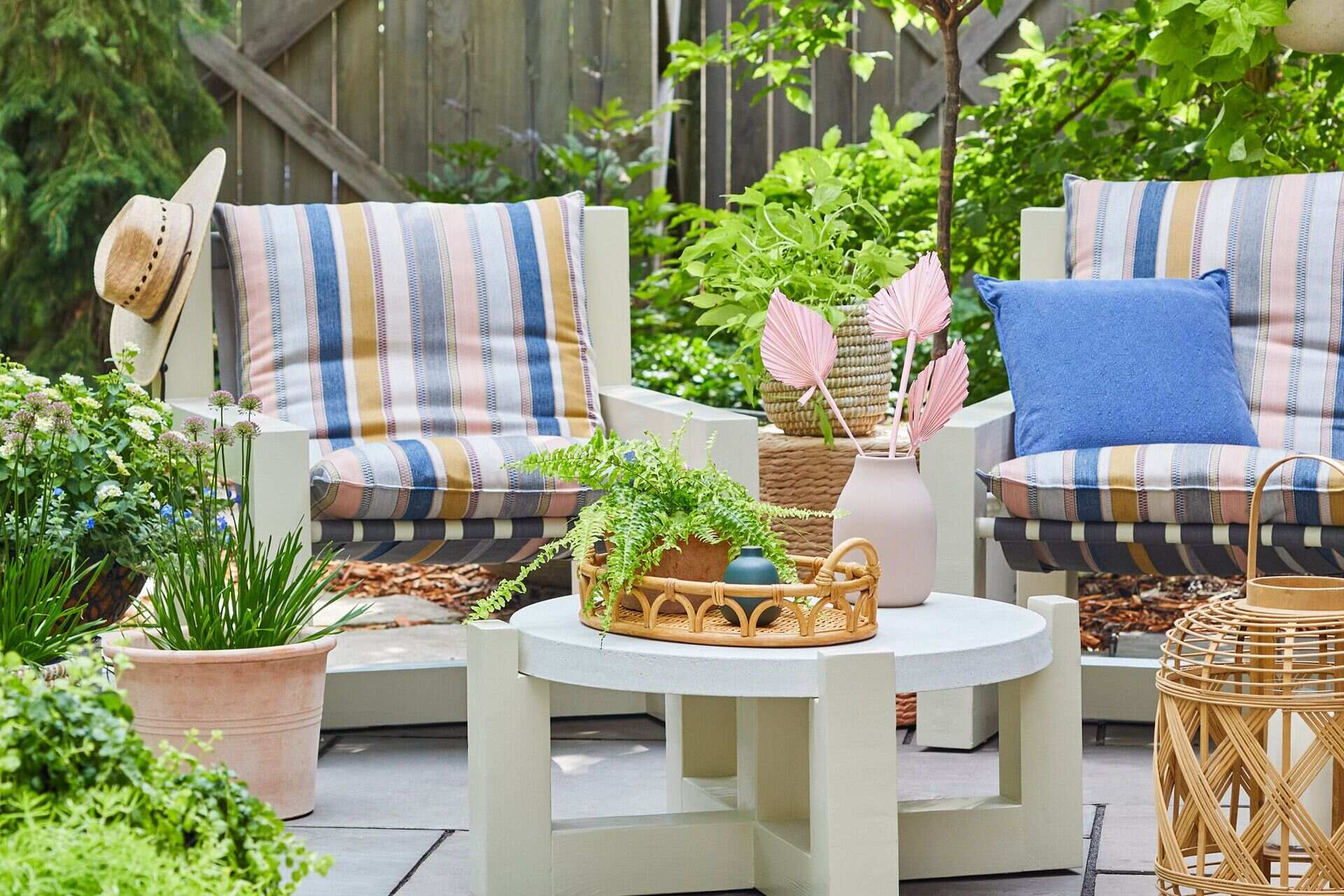
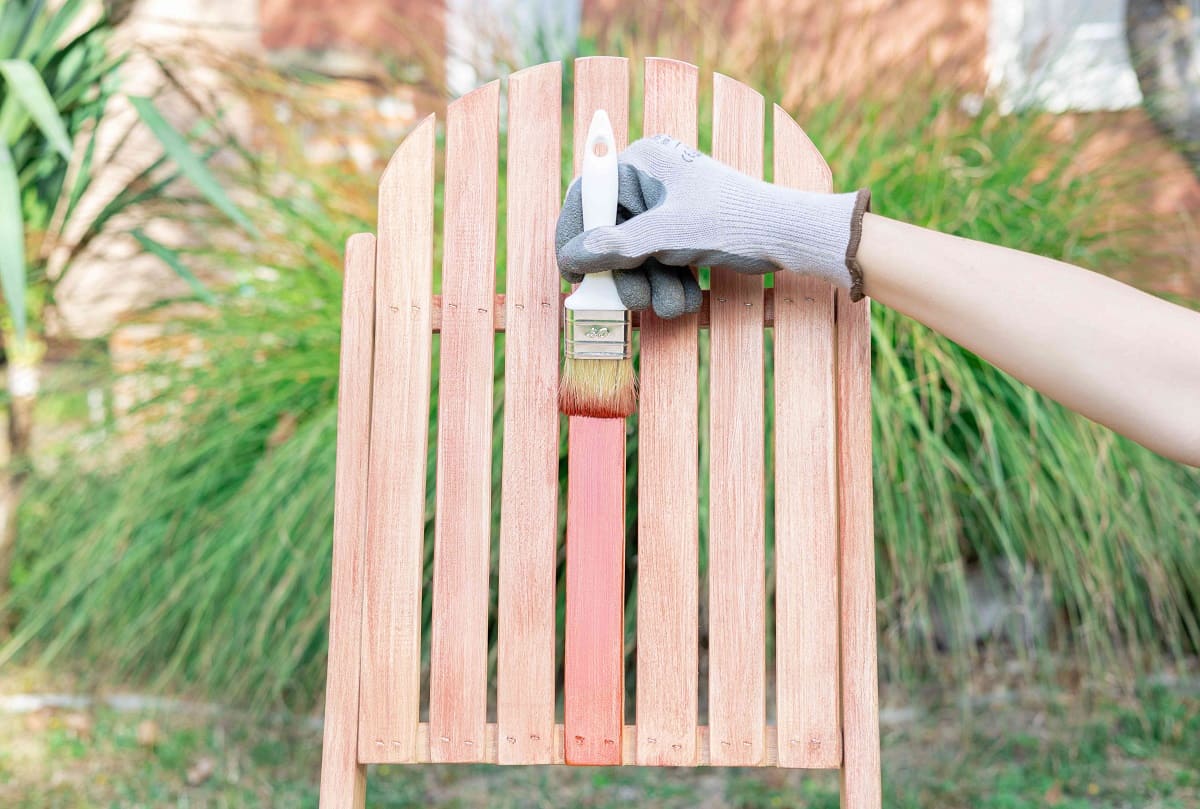
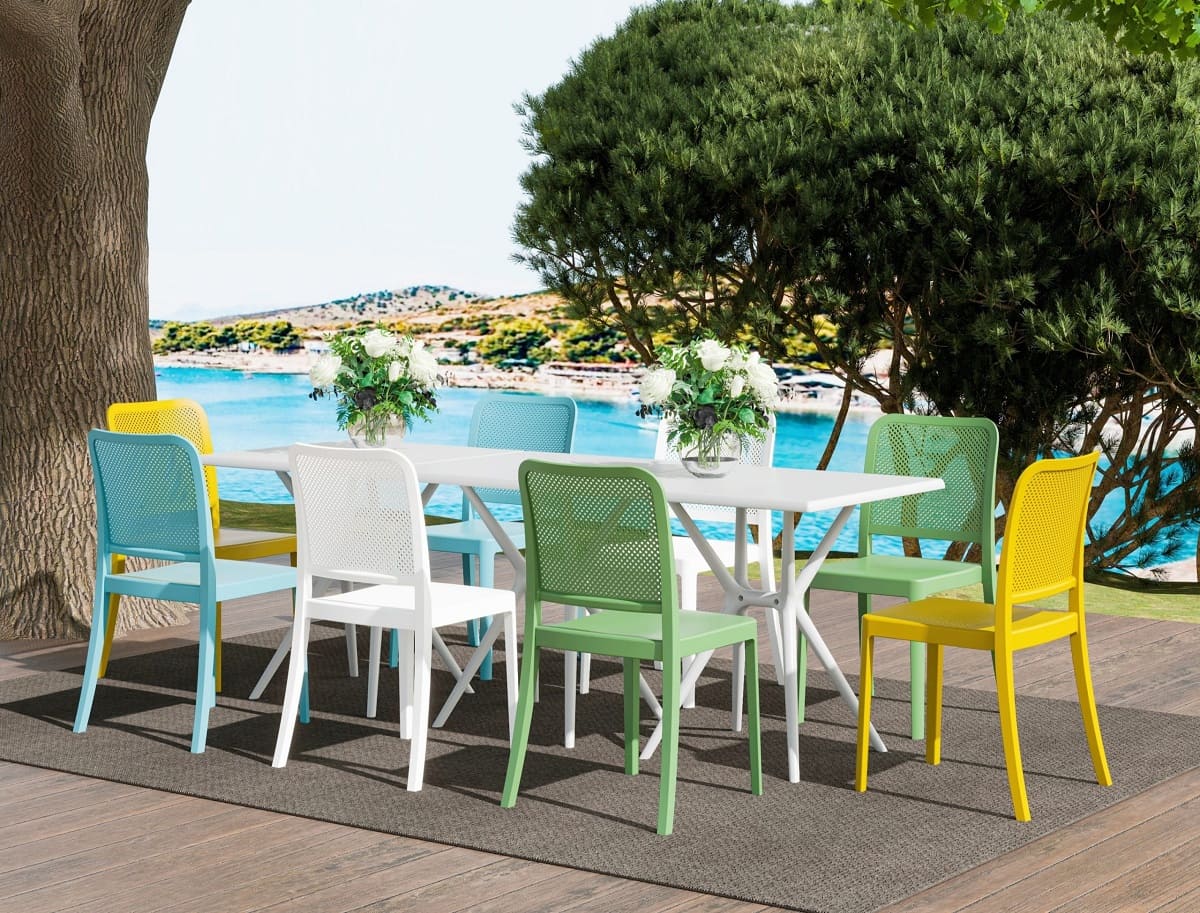
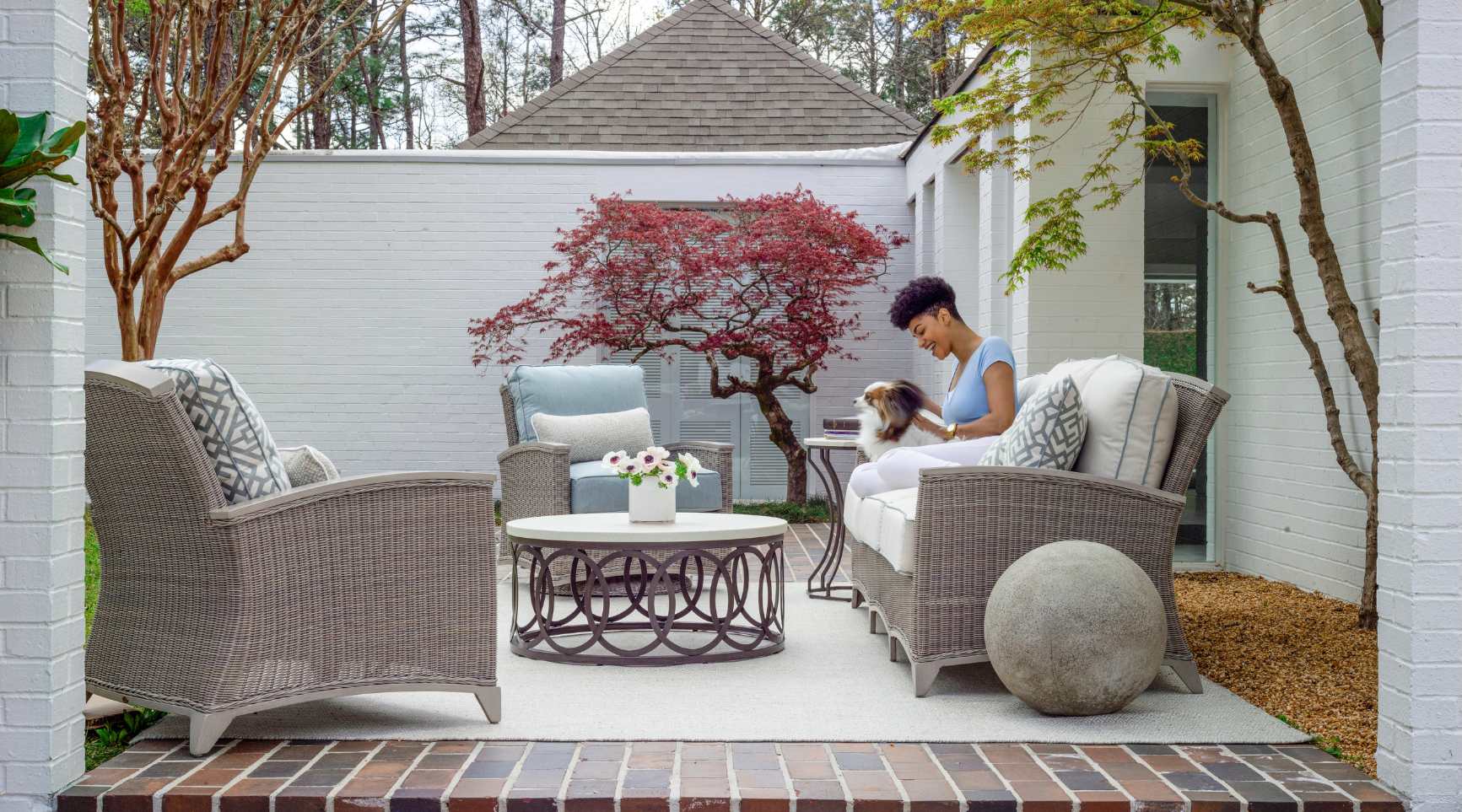
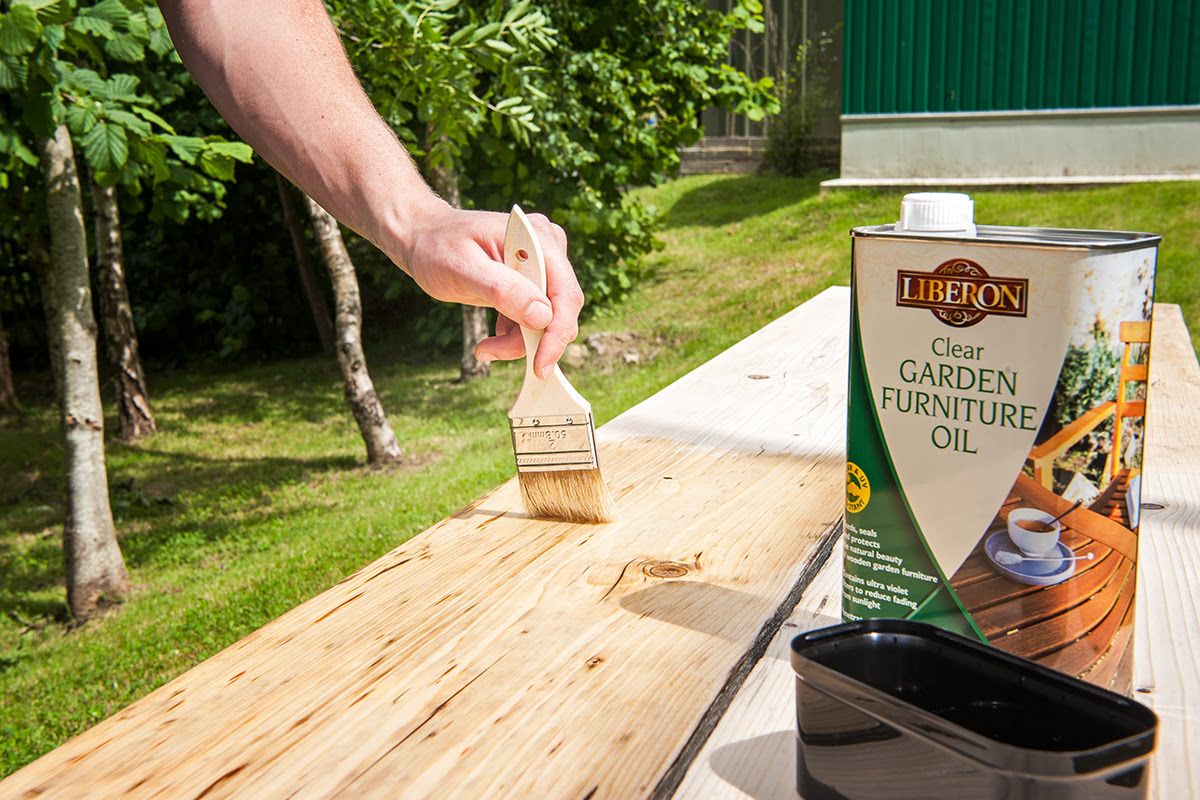
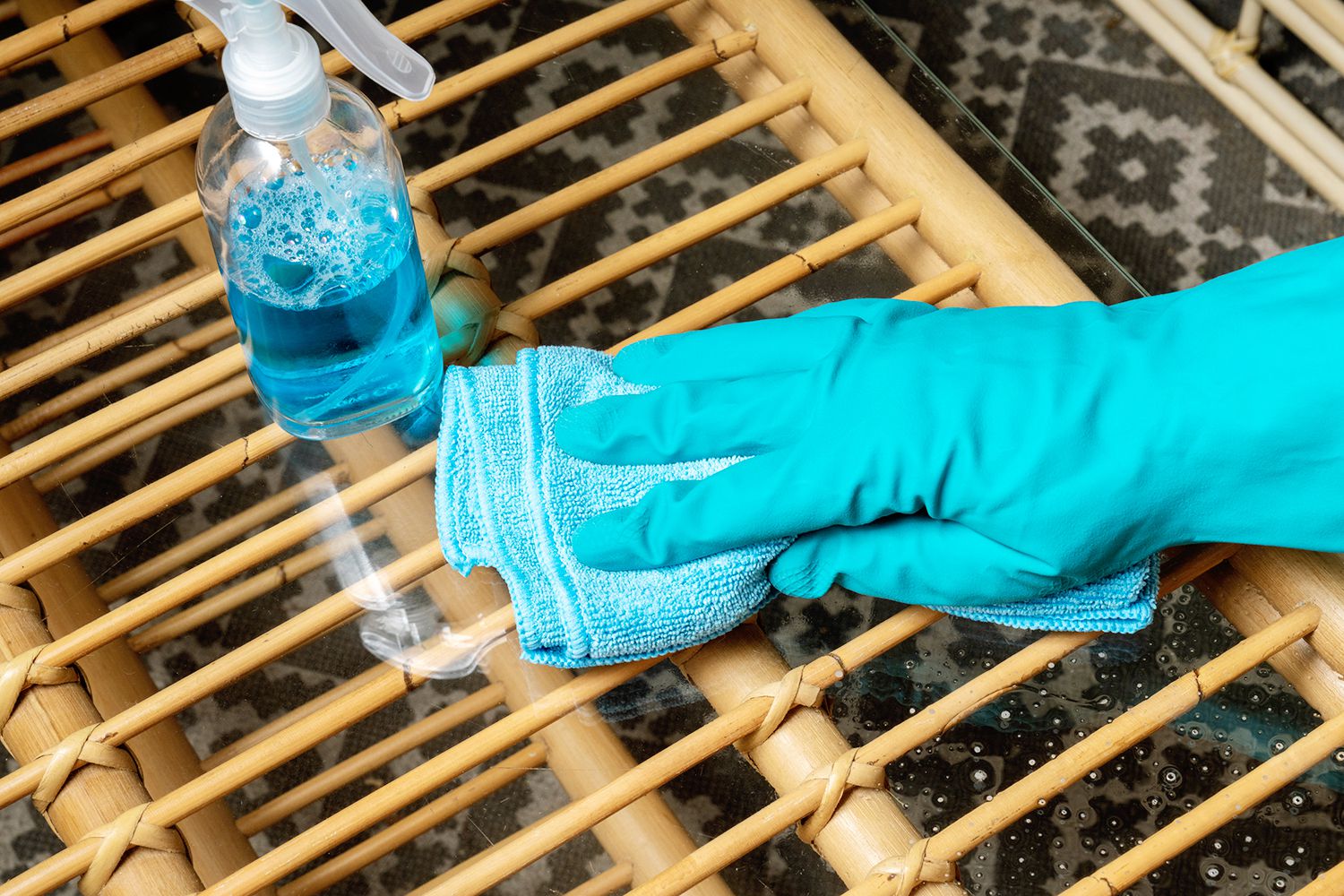
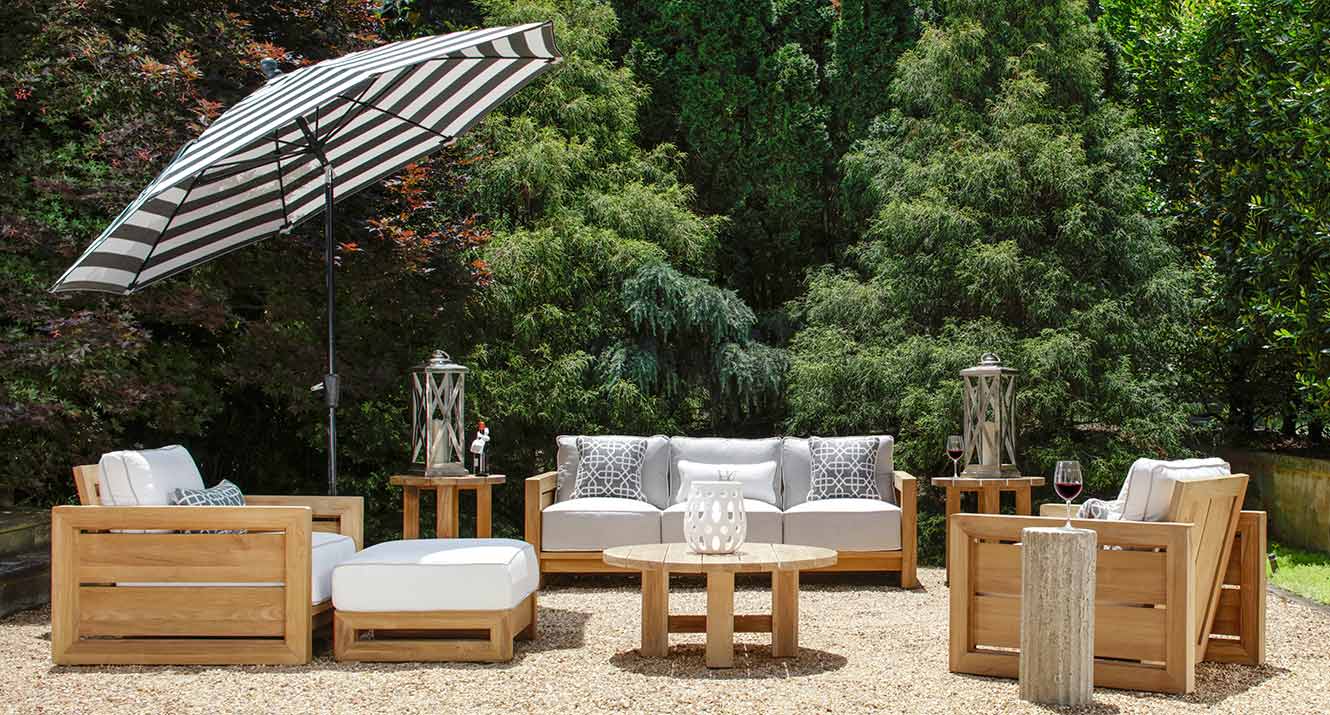
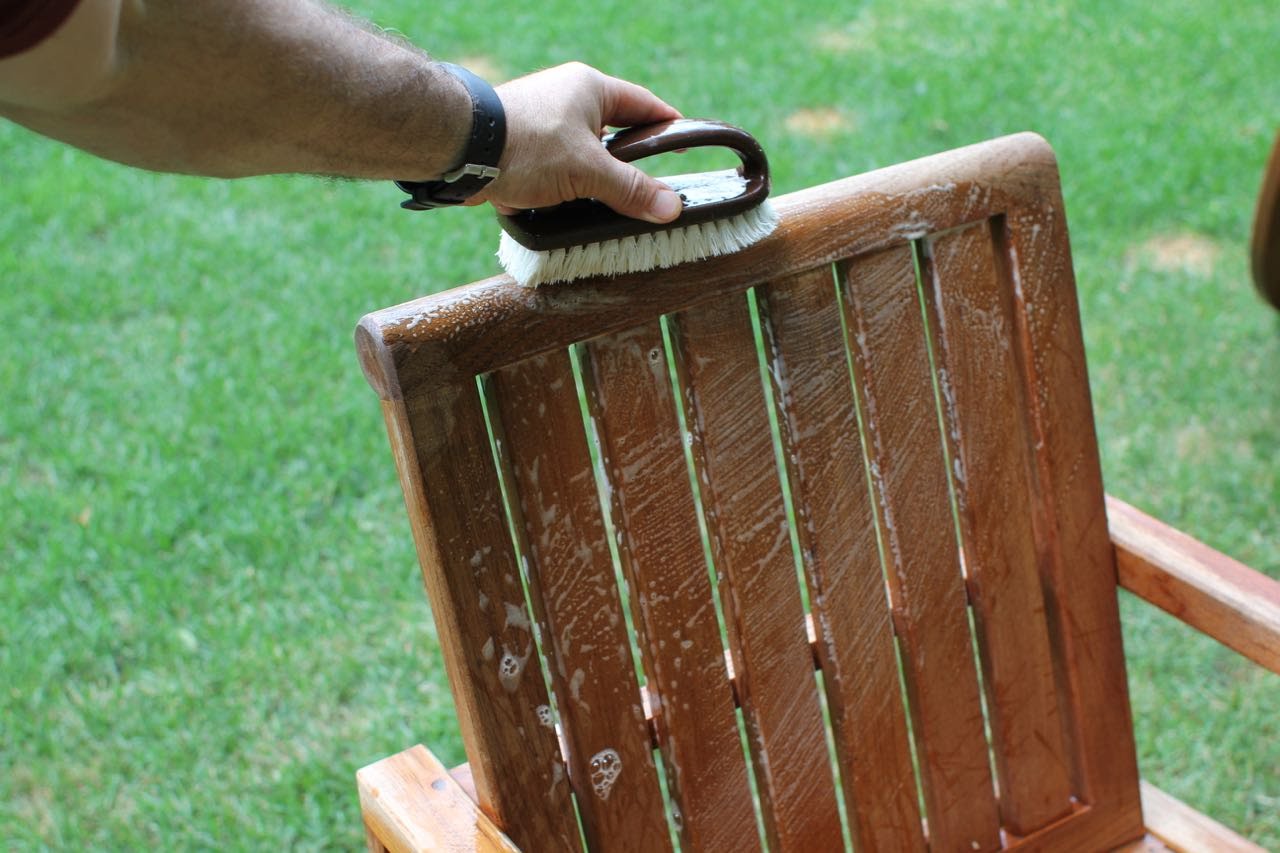
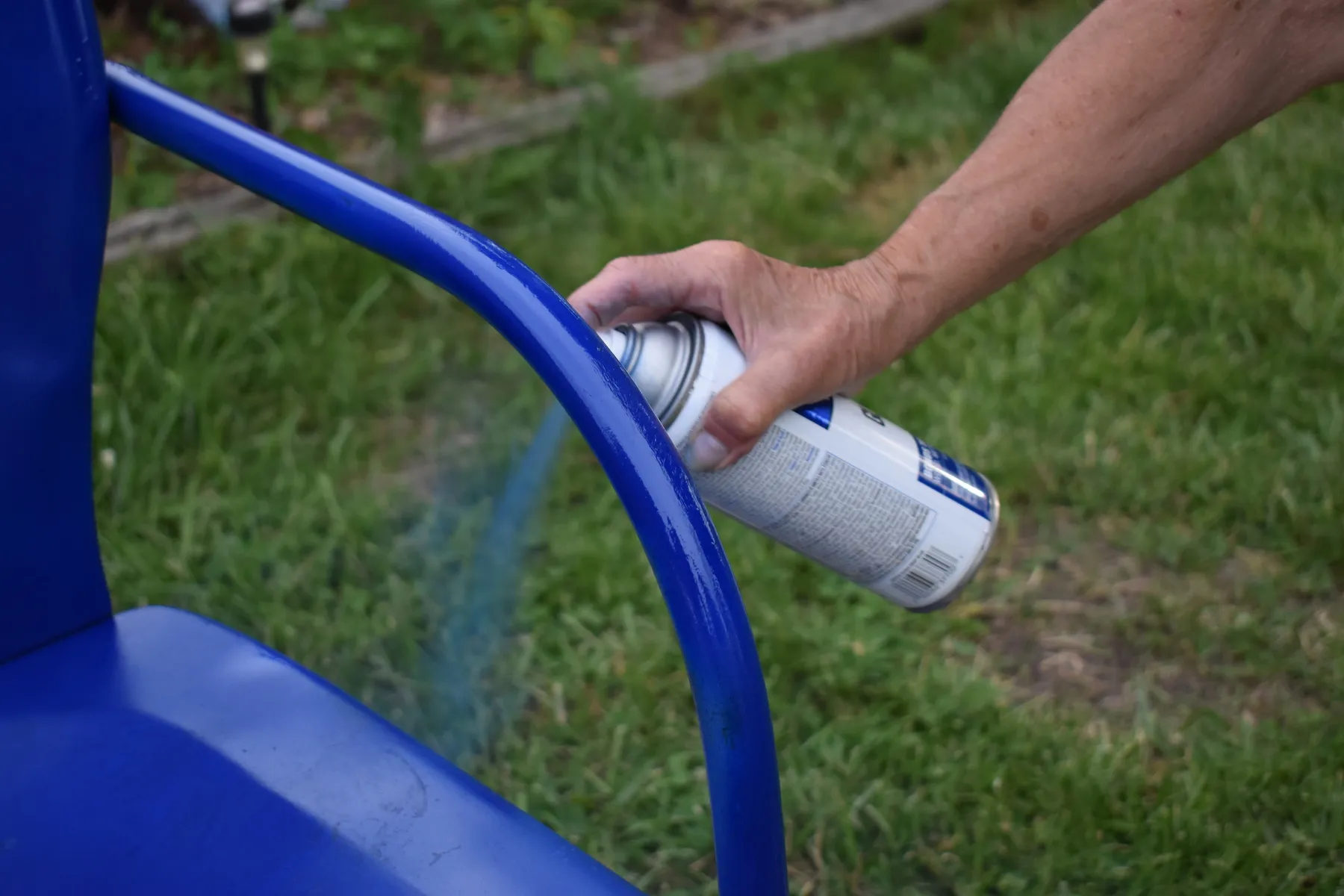
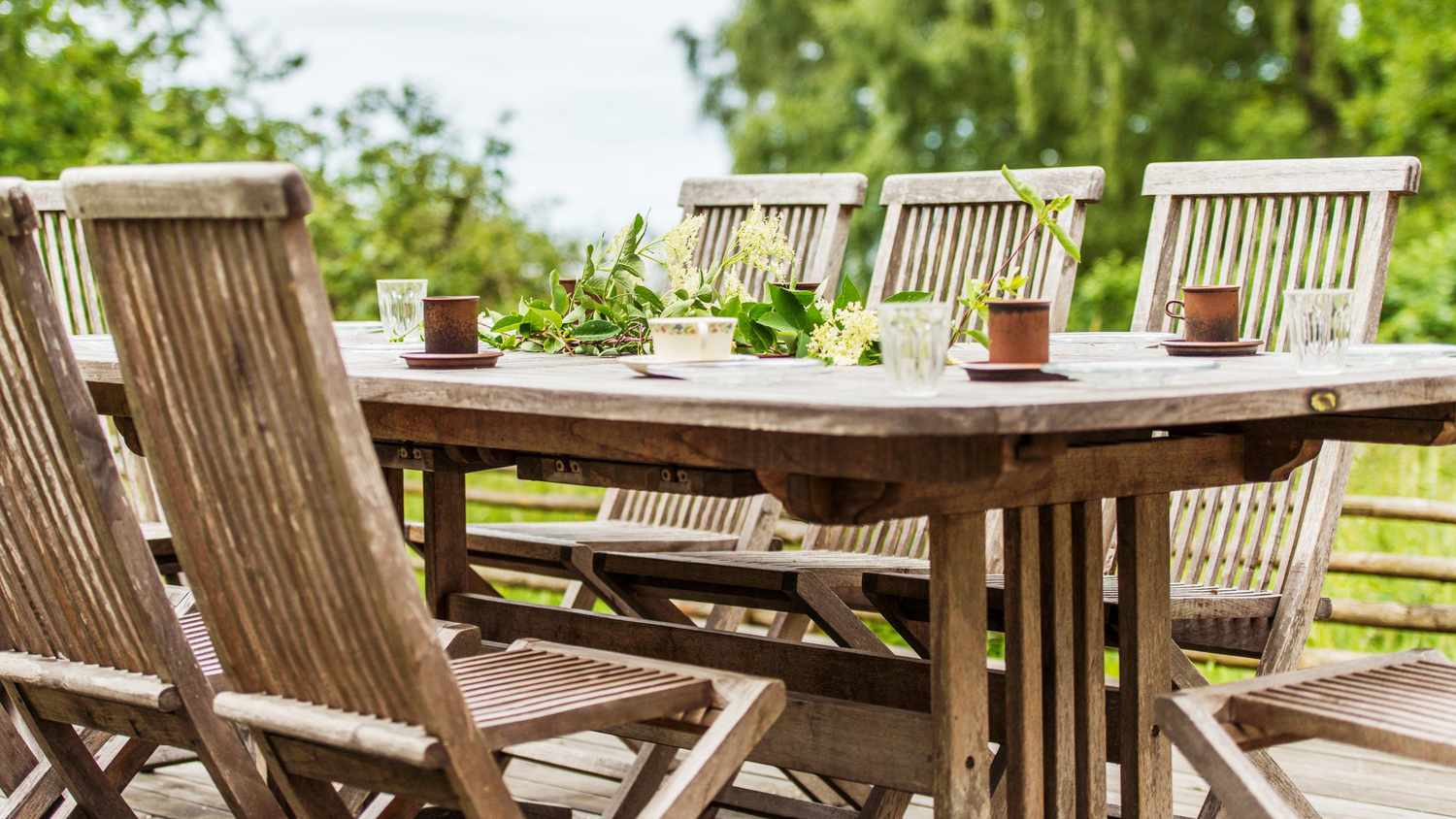
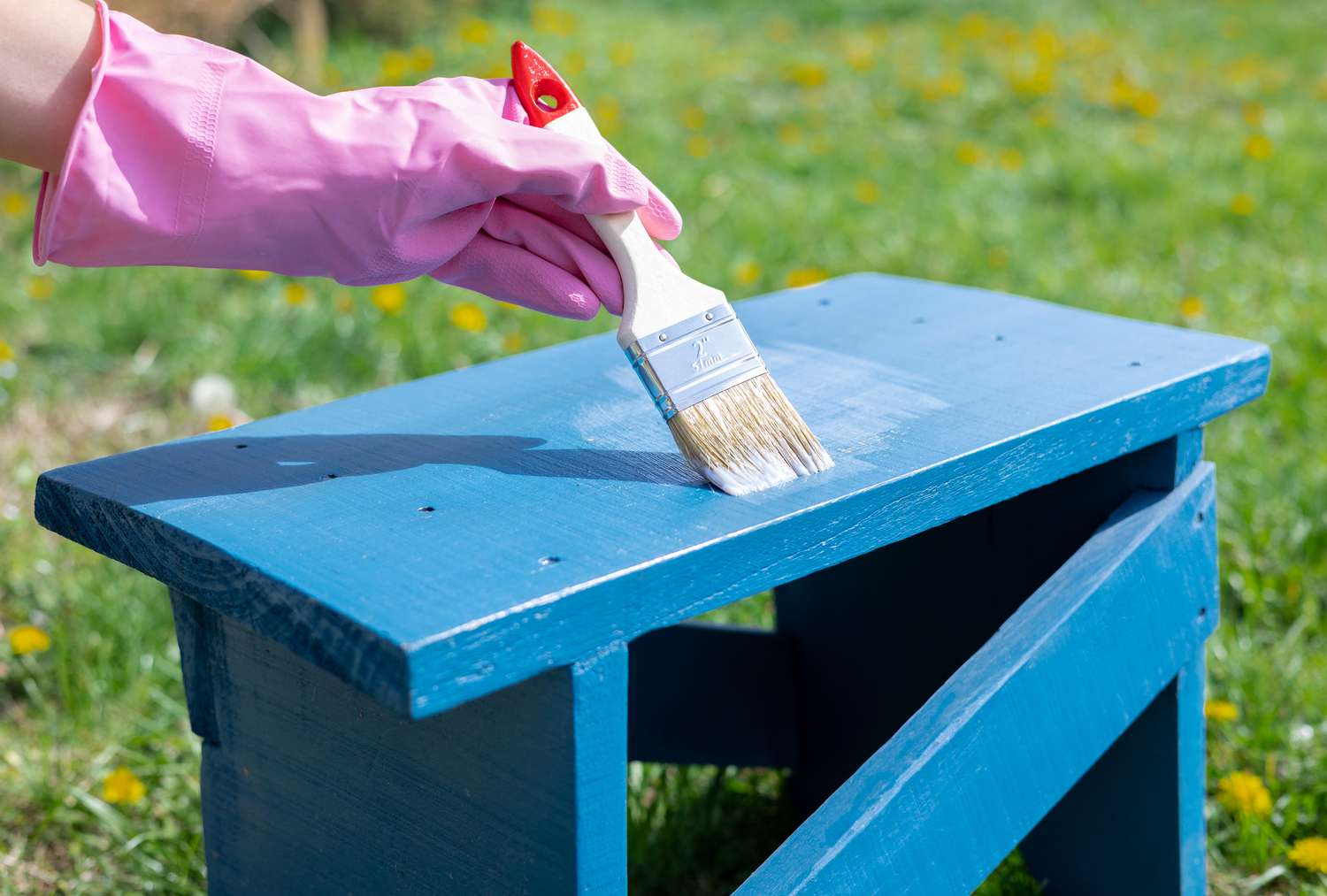
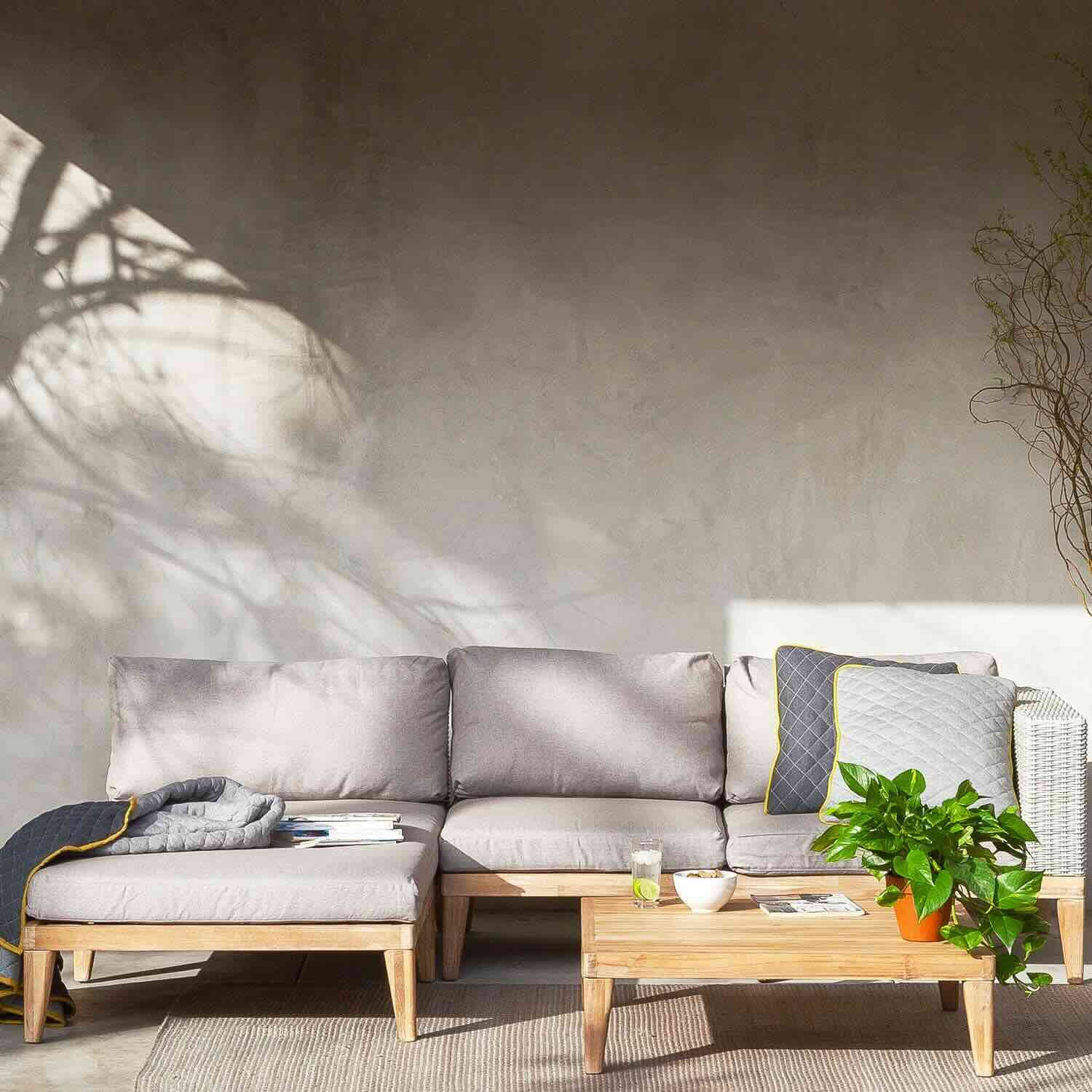
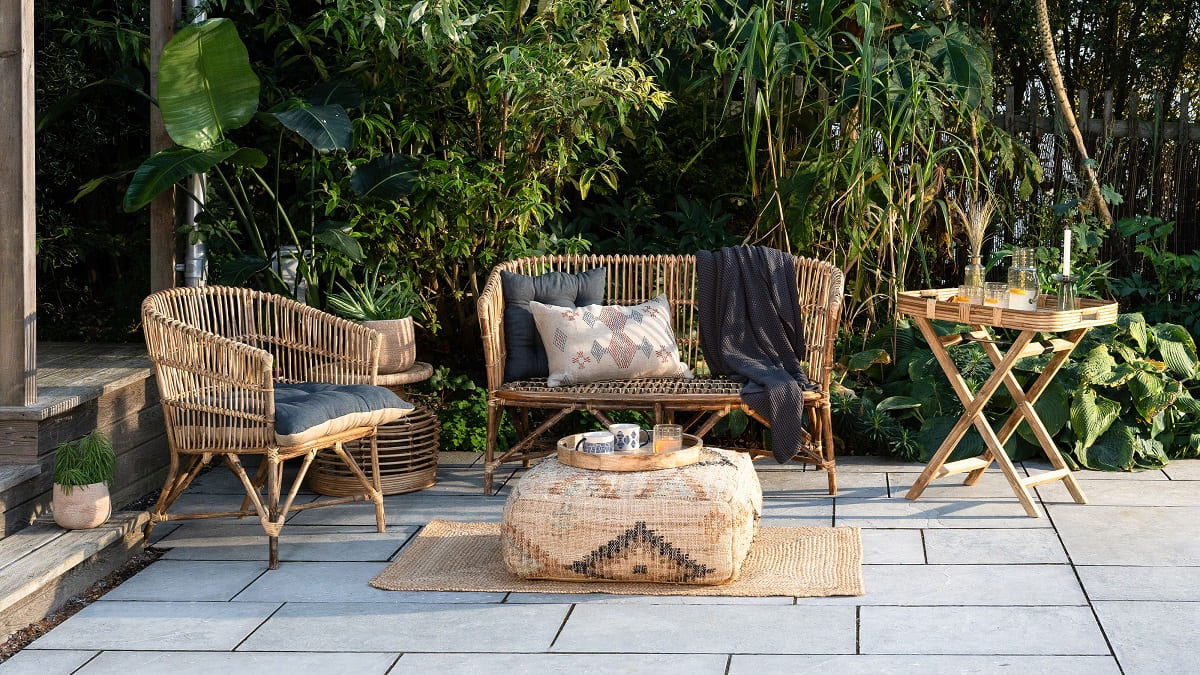

0 thoughts on “What Is The Best Material For Outdoor Furniture”